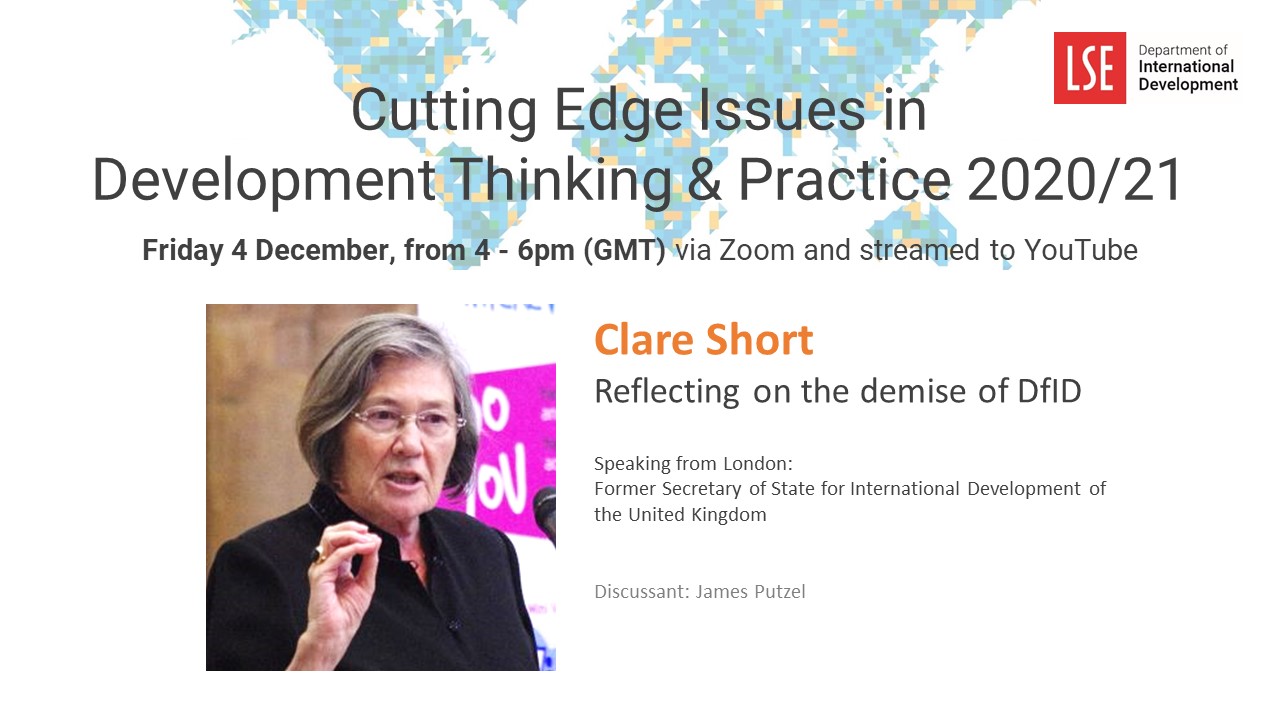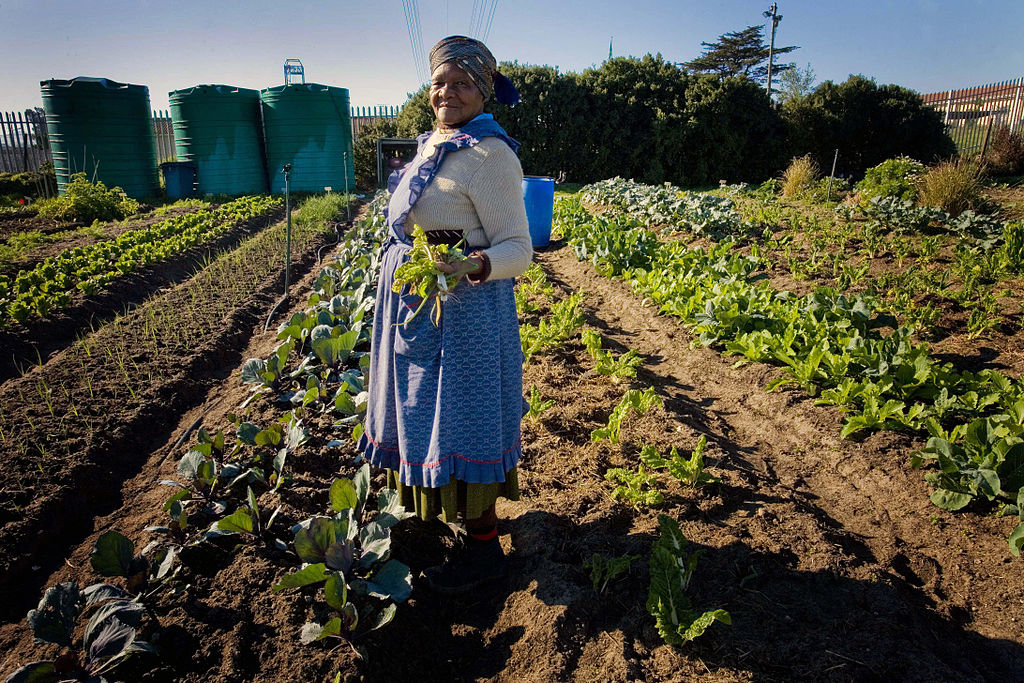The academic world is reassessing reading lists for gender bias. How did it all start?
The trigger was a lecture from DFID Chief Economist, Stefan Dercon, who visited LSE to give a talk on The Future of Aid as part of the Cutting Edge in Development series. In a lecture on ‘aid in messy places’, Dercon mentioned the ‘Big Ideals, Big Egos and Big Thinkers in development’. The list included Jeff Sachs, Amartya Sen, Joseph Stiglitz, Paul Collier, Bill Easterly plus a few more egos that would come as no surprise to our development students. This list was summarised by Professor in Practice, Duncan Green, for his Oxfam blog From Poverty To Power, where he concluded, that although the talk was riveting and informative, it reflected a core issue in development thinking today – the lack of representation in the female perspective, as well as, from the Global South.
It comes as no surprise that this sparked some interesting comments on Professor Green’s blog, and on his Twitter feed.
Dr Alice Evans, Lecturer in the Social Science of Development at King’s College London, called Dercon’s list a “Sausagefest” on Twitter and in response to an invitation from Duncan, wrote a blog post that highlighted the contribution of female scholars to five big issues in development .
Again, it came as little surprise that the article received numerous comments from the academic world. It was these thought-provoking comments that inspired Dr Evans and Professor Green to go a step further, and invite international development academics to provide a gender breakdown of their course readings on an open source Google Doc.
So, if you teach a course in international development, and you are brave/proud/stupid enough to share the percentage of men to women in your reading list then follow this link: https://docs.google.com/document/d/1fxDk3Qn6LCZo118YNE11n0G84KMsRVUq4sSllx63LHw/edit
The views expressed in this post are those of the author and in no way reflect those of the International Development LSE blog or the London School of Economics and Political Science.





